One of Scotland’s leading shellfish exporters has said the seafood industry is still suffering woes caused by Brexit more than a year after the UK’s final withdrawal from the EU.
Amber Knight, half of the entrepreneurial Hebridean duo behind MacNeil Shellfish, said extra red tape and the additional costs it creates continue to plague the sector.
Asked if the post-Brexit challenges that saw seafood lorries stuck at ports and distribution centres early last year had now settled down, she said: “Definitely not.”
Extra pressure
She added: “It’s good we’ve found ways to make it work but it has added a lot of extra pressure and workload that was created overnight.
“Most businesses going through that level of organisational change would not manage.
“It’s tough keeping it up (increased red tape) and staying consistent, and it has added huge costs.”
Ms Knight said MacNeil was coping better than some other firms because it had its own transport and could, therefore, manage consignments to key European markets better.
But for many firms the added cost of sending relatively small amounts of seafood to customers in mainland Europe is not worth it as end customers won’t pay a premium, she added.
MacNeil prepared for the extra documentation as best it could in advance of Brexit, she said, adding: “It’s still very difficult to keep delivering the consistency week-on-week.”
But Scottish seafood firms are getting their produce to market despite the ongoing challenges for the sector, she said.
These challenges have been exacerbated by Covid and more recently higher energy costs, making it all the more important exporters put in the spadework required to seize new opportunities as the pandemic restrictions are relaxed in many parts of the world.
MacNeil, launched by Ms Knight and Michael MacNeil in 2012, is among the Scottish exhibitors at Seafood Expo Global (SEG) in Barcelona this week.
It is the first gathering of the world’s largest annual seafood trade showcase since 2019.
‘Huge demand for Scottish’
“The atmosphere here is electric,” Ms Knight said, adding: “Everyone is excited about future business opportunities and there is clearly huge demand out there for Scottish.
“Our target message is that we are here to reconvene with existing clients and develop relationships with new customers.
“Covid and Brexit have been a massive disruption for everyone. We’ve stayed in touch with clients in other ways, of course, but there is no substitute for engaging in person.”
MacNeil exports live crustaceans, including crabs, lobsters, prawns and langoustines to EU and global markets.
The company is based at a seafood distribution hub in Lanarkshire, but its shellfish are sourced in the Highlands and Islands.
Ms Knight spent her childhood and summers home from university on Mull and Iona, working with local fishers landing their daily catches for export and sale in the UK.
Last August she was unveiled as the Scottish Seafood Association’s first chairwoman.
Mr MacNeil has been involved in the catching, selling and exporting of shellfish from a young age on Barra.
SEG, which started yesterday and ends tomorrow, is being attended by more than 29,100 seafood buyers, suppliers, media and a variety of other professionals from in excess of 150 countries.
The show’s Scottish pavilion – promoting this country’s rich catch – is the result of a partnership between Seafood Scotland and Scottish Development International.
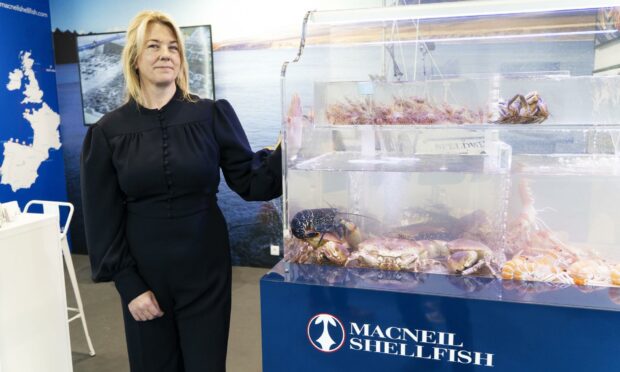
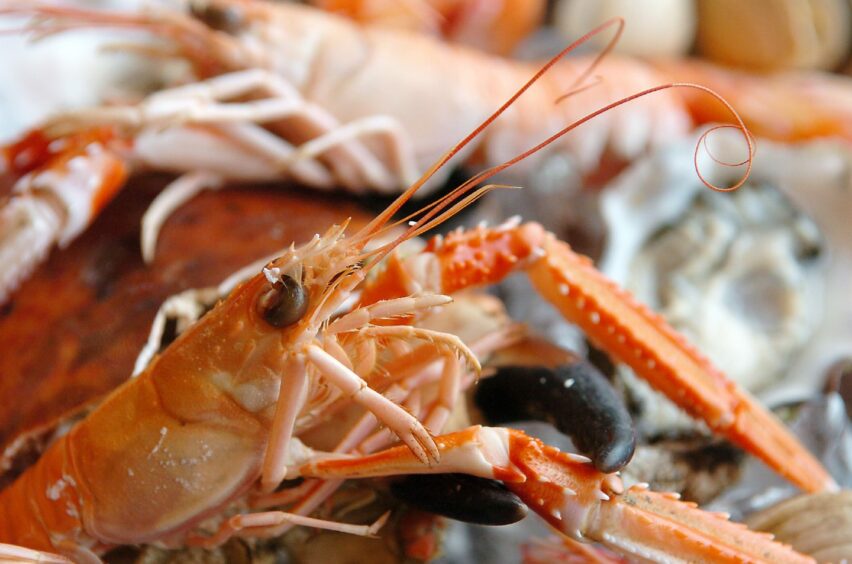
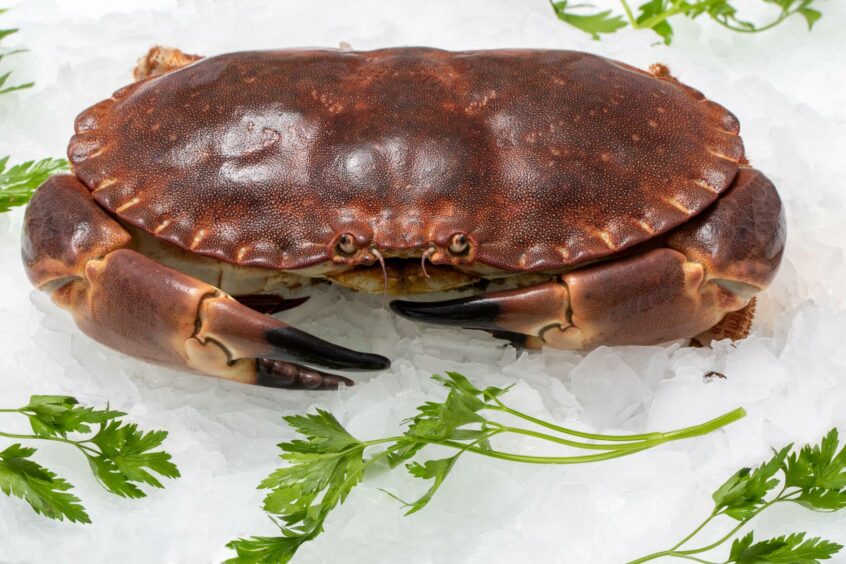
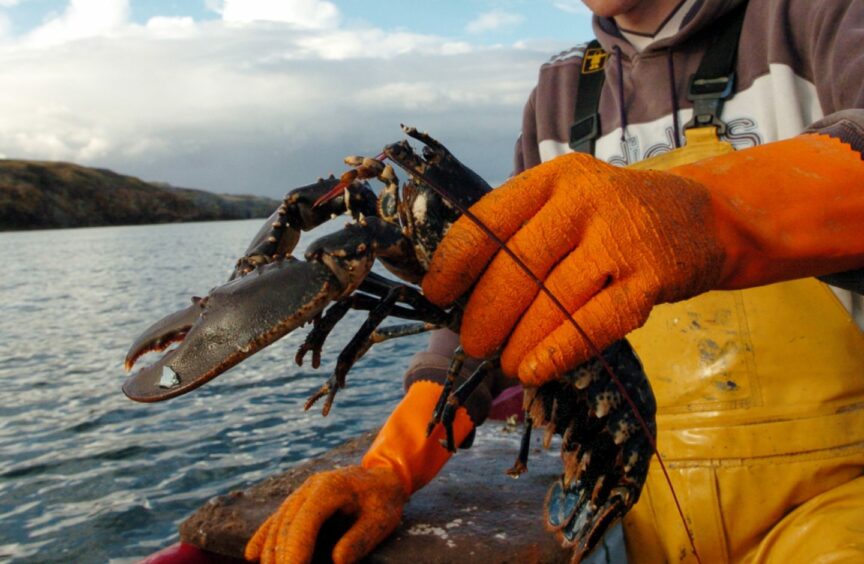
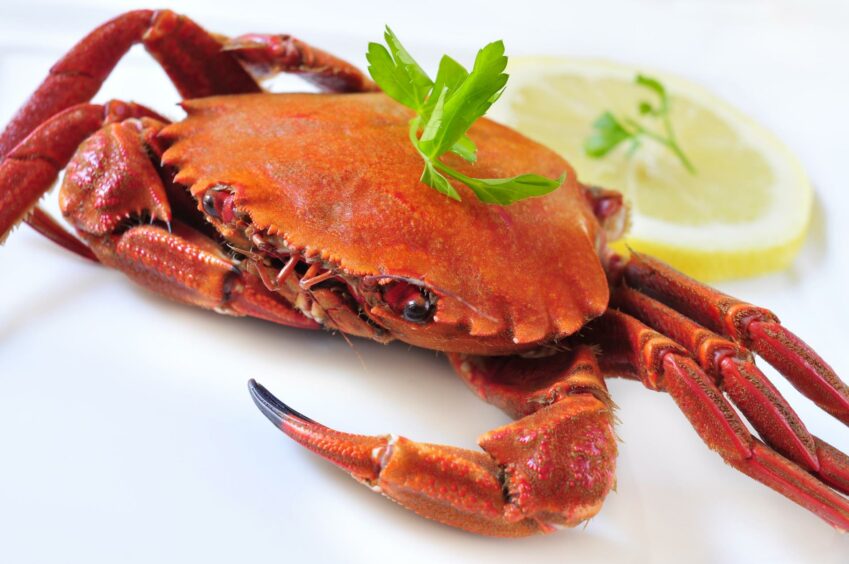
Conversation